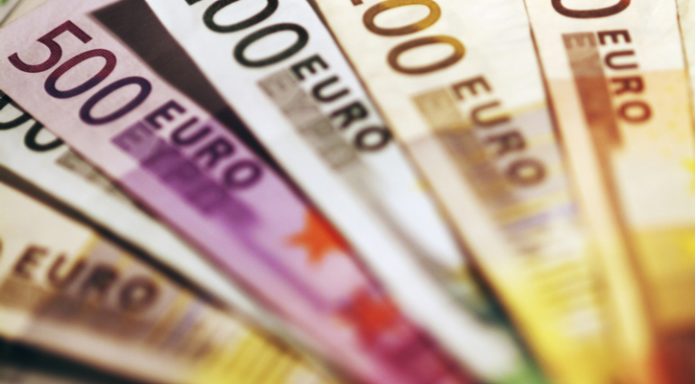The pound rose sharply against the euro yesterday to reach a high of 1.1469. It then gradually fell to about 1.1400 and remained steady at that rate throughout yesterday and early today. Despite this marginal fall the pound continues to hold strong versus the euro compared to the past few weeks.
| What do these figures mean? |
|---|
|
When measuring the value of a pair of currencies, one set equals 1 unit and the other shows the current equivalent. As the market moves, the amount will vary from minute to minute. For example, it could be written: 1 GBP = 1.13990 EUR Here, £1 is equivalent to approximately €1.14. This specifically measures the pound’s worth against the euro. If the euro amount increases in this pairing, it’s positive for the pound. Or, if you were looking at it the other way around: 1 EUR = 0.87271 GBP In this example, €1 is equivalent to approximately £0.87. This measures the euro’s worth versus the British pound. If the sterling number gets larger, it’s good news for the euro. |
The economic and political calendar has been relatively quiet for the euro. The pound, meanwhile is still reaping the benefits from Bank of England (BoE) Governor Mark Carney’s comments in which he indicated that the UK economy is doing fine and that the central bank will choose to pursue a path interest rate hikes this year. Added to this, most official data coming out of the UK shows that its economy is growing consistently and beating analysts expectations. The latest data was in the form of house price index which showed growth in house prices. Housing being an important sector of UK’s economy, this adds to strength of the pound. The only factor that holds back the pound right now, and that could inject sudden volatility into its value is political development. UK Prime Minister Theresa May and her cabinet are yet to finalize a post-Brexit trade deal with the EU and as the deadline for having a deal nears, investors will begin to react negatively to the growing uncertainty.
| Why does strong economic data boost a country’s currency? |
|---|
| Solid economic indicators point to a strong economy. Strong economies have strong currencies because institutions look to invest in countries where growth prospects are high. These institutions require local currency to invest in the country, thus increasing demand and pushing up the money’s worth. So, when a country or region has good economic news, the value of the currency tends to rise. |
EU Retail sales data and UK PMI on Monday
No new important economic data is expected to be released today from both the UK and the EU. Investors will instead look forward to Monday which will see the release of Eurozone retail sales data in the EU and Purchasing Manager’s Index in the UK. Both of these are very important indicators of the economy and a higher than expected figure will boost the respective currency.
|
This article was initially published on TransferWise.com from the same author. The content at Currency Live is the sole opinion of the authors and in no way reflects the views of TransferWise Inc. |





